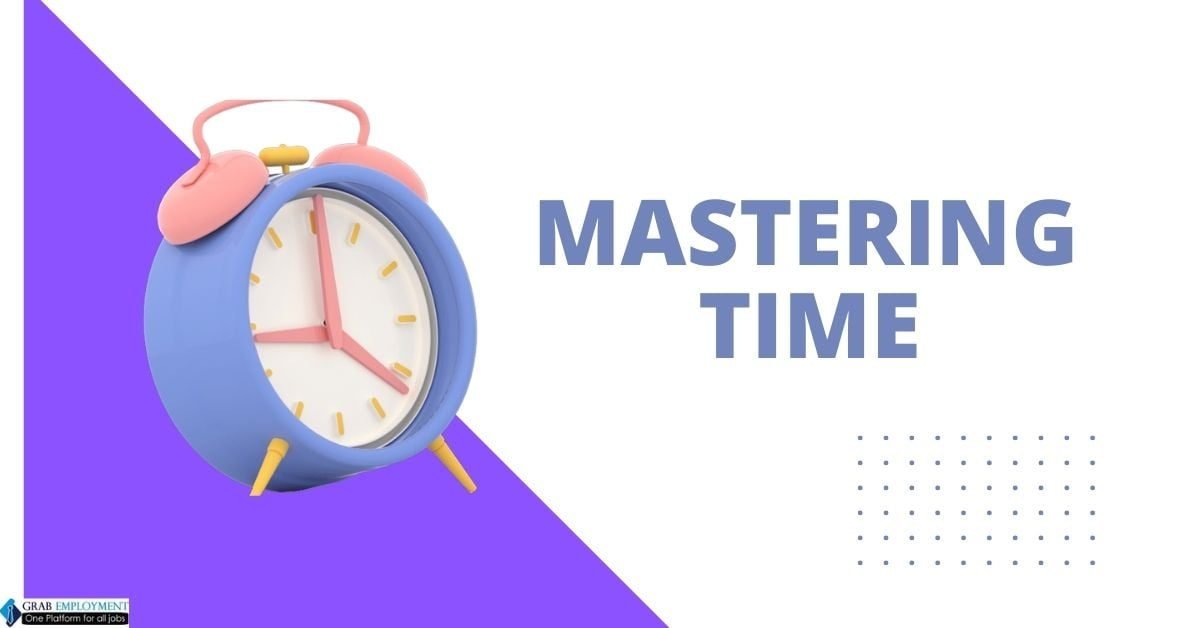Navigating the Interview Panel:
Articulating Your Relevant Skills and Experiences
Introduction:
Entering an interview panel can be a daunting experience, but it’s also an opportunity to showcase your qualifications, experiences, and capabilities to a group of decision-makers.
Discussing your relevant skills and experiences effectively requires strategic communication, thoughtful preparation, and confidence in your abilities. In this article, we delve into the art of articulating your relevant skills and experiences during an interview panel, offering practical strategies for making a compelling case for your candidacy.
Understanding the Dynamics of an Interview Panel: An interview panel typically consists of multiple stakeholders within the organization, including HR professionals, hiring managers, department heads, and potential colleagues. Each panel member plays a distinct role in evaluating candidates based on their expertise, perspectives, and priorities.
Here are some key considerations when discussing your relevant skills and experiences in an interview panel:
- Tailor Your Responses: Customize your answers to address the specific concerns and interests of each panel member, showcasing how your skills and experiences align with their areas of expertise and the requirements of the role.
- Provide Comprehensive Examples: Offer detailed examples from your professional experiences to illustrate your skills, competencies, and achievements. Use the STAR method (Situation, Task, Action, Result) to structure your responses and provide context for your accomplishments.
- Foster Engagement: Maintain eye contact, demonstrate enthusiasm, and engage with each panel member individually to create a connection and build rapport. Acknowledge their questions, concerns, and contributions, and address them with respect and professionalism.
- Showcase Collaboration: Emphasize your ability to collaborate effectively with cross-functional teams, stakeholders, and clients. Highlight instances where you’ve leveraged teamwork, communication, and interpersonal skills to achieve shared goals and deliver successful outcomes.
- Demonstrate Adaptability: Showcase your adaptability, flexibility, and resilience in navigating diverse challenges, environments, and projects. Illustrate how you’ve adapted to change, overcome obstacles, and thrived in dynamic and fast-paced settings.
Strategies for Discussing Your Relevant Skills and Experiences:
Here are some practical strategies for articulating your relevant skills and experiences effectively in an interview panel:
- Prepare with Precision: Review the job description, identify the key skills, competencies, and experiences required for the role, and prepare examples from your background that demonstrate your proficiency in these areas. Tailor your responses to align with the specific requirements of the position and the organization’s goals and priorities.
- Prioritize Your Points: Prioritize your most relevant skills, experiences, and achievements based on their importance to the role and the organization. Focus on highlighting the key qualifications that differentiate you from other candidates and position you as the ideal fit for the position.
- Use the STAR Method: Structure your responses using the STAR method to provide clear and concise examples of your skills and experiences. Start by describing the Situation or context, outline the Task or challenge you faced, explain the Action you took to address it, and conclude with the Result or outcome achieved.
- Quantify Your Achievements: Whenever possible, quantify your accomplishments using measurable metrics such as revenue generated, cost savings achieved, project milestones reached, or customer satisfaction ratings improved. Quantifiable achievements provide tangible evidence of your impact and effectiveness.
- Showcase Transferable Skills: Highlight transferable skills that are relevant to the role and valued by the organization, such as communication, problem-solving, leadership, teamwork, adaptability, and resilience. Provide examples of how you’ve applied these skills in diverse contexts to achieve positive outcomes.
- Be Authentic and Confident: Be authentic and genuine in sharing your experiences, passions, and motivations with the interview panel. Confidence in your abilities and enthusiasm for the opportunity can leave a positive impression and reinforce your suitability for the role.
Sample Responses for Discussing Relevant Skills and Experiences:
Here are some sample responses demonstrating how to discuss relevant skills and experiences effectively in an interview panel:
- Communication Skills: “I’ve developed strong communication skills through my experience working as a project manager, where I was responsible for liaising with stakeholders, clients, and team members to ensure project objectives were met. For example, in a recent project, I facilitated regular communication meetings, provided timely updates, and addressed any concerns or obstacles that arose. As a result, we maintained transparency and alignment among team members and successfully delivered the project ahead of schedule.”
- Leadership Abilities: “I’ve demonstrated leadership abilities in various capacities throughout my career, from leading small teams to coordinating cross-functional initiatives. In my previous role as team lead, I was responsible for mentoring junior team members, delegating tasks, and overseeing project timelines. One example of my leadership in action was when I spearheaded a process improvement initiative that streamlined workflow efficiency and reduced project turnaround time by 20%. I believe my collaborative leadership style and proactive approach would be valuable assets to your team.”
- Problem-Solving Skills: “I’m known for my ability to analyze complex problems, identify root causes, and implement effective solutions. In a recent project, we encountered a significant technical issue that threatened to delay the project timeline. I took the initiative to gather relevant data, collaborate with subject matter experts, and propose a workaround solution that mitigated the risk and allowed us to meet our deadlines. My proactive problem-solving approach and attention to detail have consistently contributed to successful project outcomes.”
- Technical Proficiency: “I possess strong technical proficiency in [specific technology or software], which I’ve honed through hands-on experience and ongoing professional development. For instance, in my previous role as a software developer, I led the implementation of a new software platform that improved system performance and enhanced user experience. My expertise in [specific technology or software] would enable me to make immediate contributions to your organization’s technology initiatives and drive innovation.”
Conclusion:
Discussing your relevant skills and experiences in an interview panel requires preparation, confidence, and strategic communication. By tailoring your responses to address the specific concerns and interests of each panel member, providing comprehensive examples from your professional experiences, showcasing collaboration and adaptability, and using the STAR method to structure your responses,
you can make a compelling case for your candidacy and increase your chances of success. Remember, the interview panel is looking for a candidate who not only meets the job requirements but also demonstrates the potential to thrive and make a positive impact within the organization.
With careful preparation and strategic communication, you can effectively articulate your relevant skills and experiences and leave a lasting impression on the interview panel




